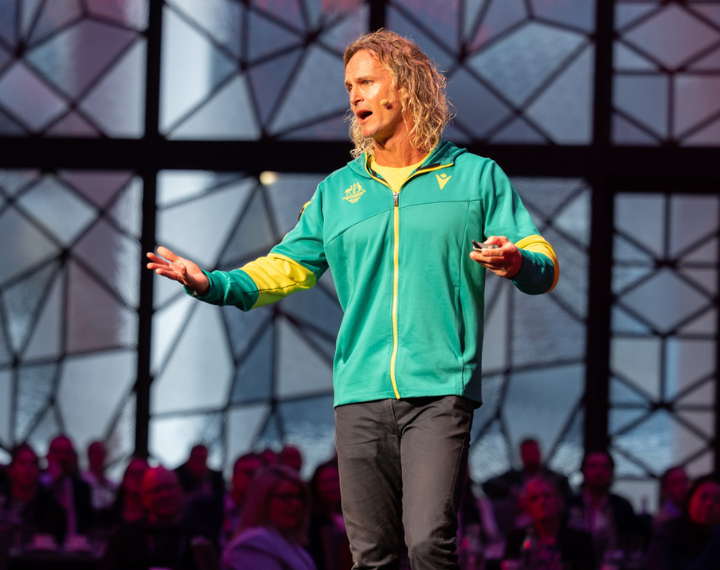Caleb Gardner Book as a speaker/entertainer for your next event
Key Points for Caleb Gardner
- Caleb Gardner was the lead digital strategist for President Obama’s political advocacy group, OFA.
- Is a founding partner of 18 Coffees, a strategy firm working at the intersection of digital innovation, social change, and the future of work.
- He has over a decade of experience in digital leadership, entrepreneurship, and social impact.
- Has worked for a variety of organizations in the public and private sectors, including at prestigious professional service firms like Bain & Company and Edelman.
Topics for Caleb Gardner
- No Point B: How great leaders navigate change when change never stops coming
A global pandemic. Massive digital disruption. Social upheaval. Every day it seems like the news cycle tells us about how the world around us is changing. If we can just get to the end of it all, we’ll be OK. (Right?) How should we as business leaders respond? How do you lead your people through a transformation when we have new emergent data about how the world is changing every day?
Leaning on his extensive experience in leadership, digital transformation, and political activism—including leading digital strategy for Barack Obama, the "Change" President—Caleb Gardner makes a compelling case for understanding change as a core competency in a digital world that is evolving every day, and why change leadership as a competitive advantage in the post-COVID economy.
Key takeaways- Our media environment means we no longer share the same data, the same truth—and that includes employees sharing the same truths about your company.
- Change management can't be a linear process, moving your organization from Point A to Point B. Point B doesn't exist. Change has to become a core competency, because those who stop changing are going to lose to those who are more nimble and adaptive.
- Companies must put a big focus on internal communications and employee engagement, so employees are bought into the change direction and are proactively part of making all change initiatives a success.
- What Barack Obama's trolls taught me about civility
The internet has become, in internet language, a garbage fire of political opinions, conspiracies, and resentment between friends and family members. People have lost faith in the tech industry, even as the biggest tech companies have even more power over our everyGardner Caleb 1 2020 - day lives. How did we get here? What can be done about it? And what are the implications for business leaders, who increasingly have to navigate this toxic environment?
In this talk, Caleb leans on his experience running one of the largest digital programs in existence—engaging with tens of millions of people every day via the Barack Obama social media accounts and email list, including the number one most followed Twitter account in the world—to talk about why the internet is so broken, and why we all have a role in fixing it.
Key takeaways- The persuasive effects of algorithms on our news consumption means that we no longer share the same realities. We have to prioritize digital media literacy in education, and critical thinking for ourselves every day about what we share.
- Social media is like a biomass: every amplification of a negative message reinforces that message and encourages its creator. Personal responsibility matters to the system as a whole.
- From the perspective of history, we are all like Peter Parker: we've been given the power of Spider-Man practically overnight by carrying around the world's most powerful information and communication devices in our pockets every day. But we haven't had our Uncle Ben, with great-power-comes-responsibility moment yet.

